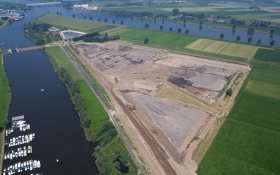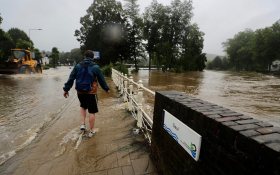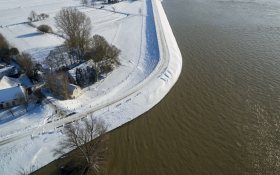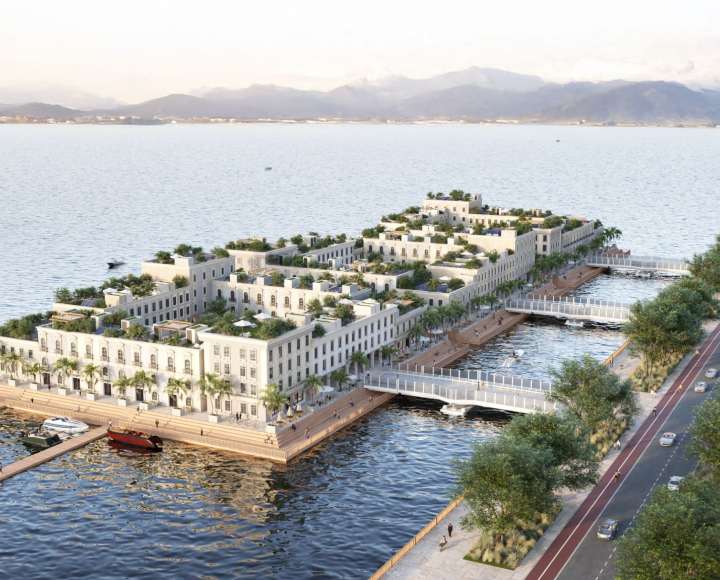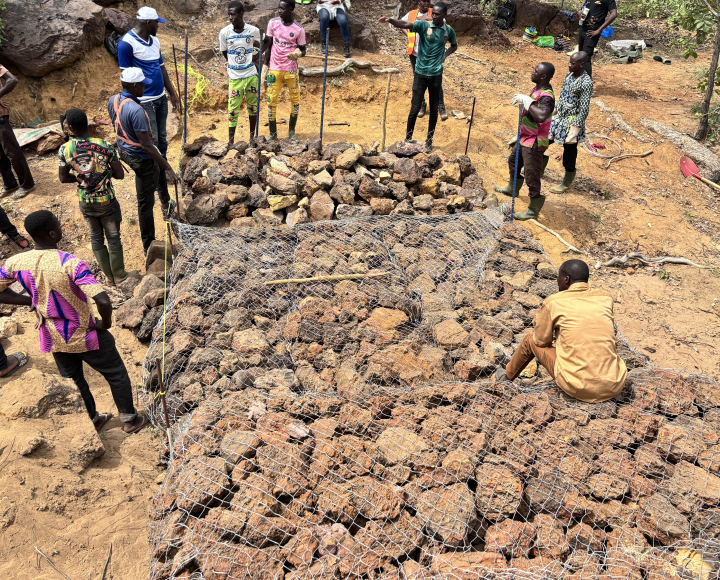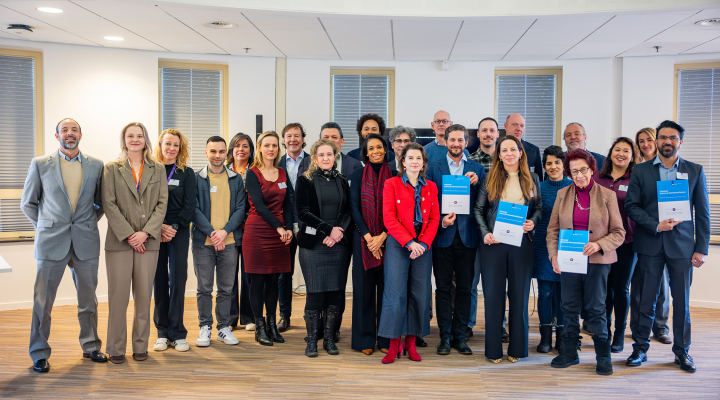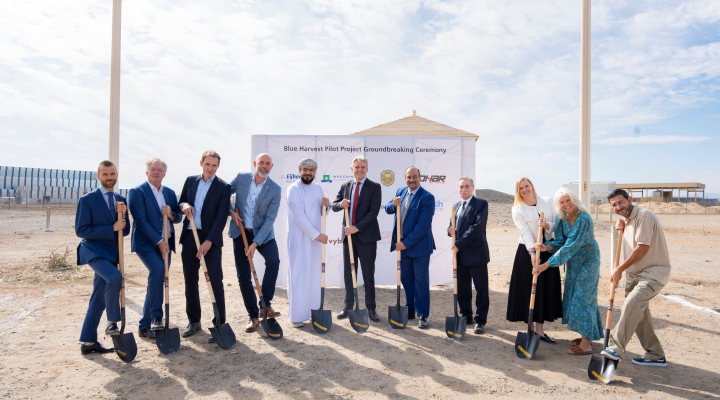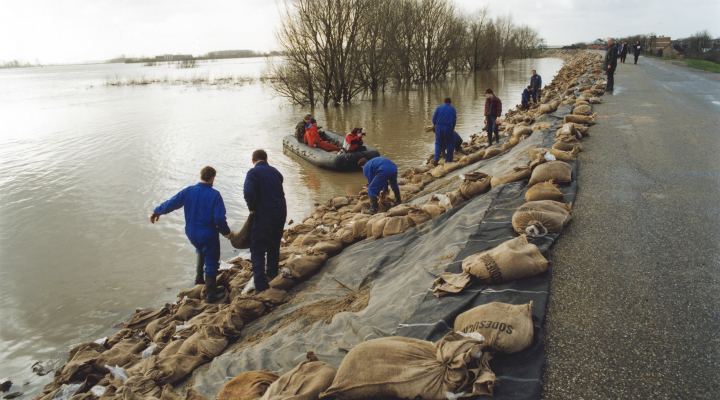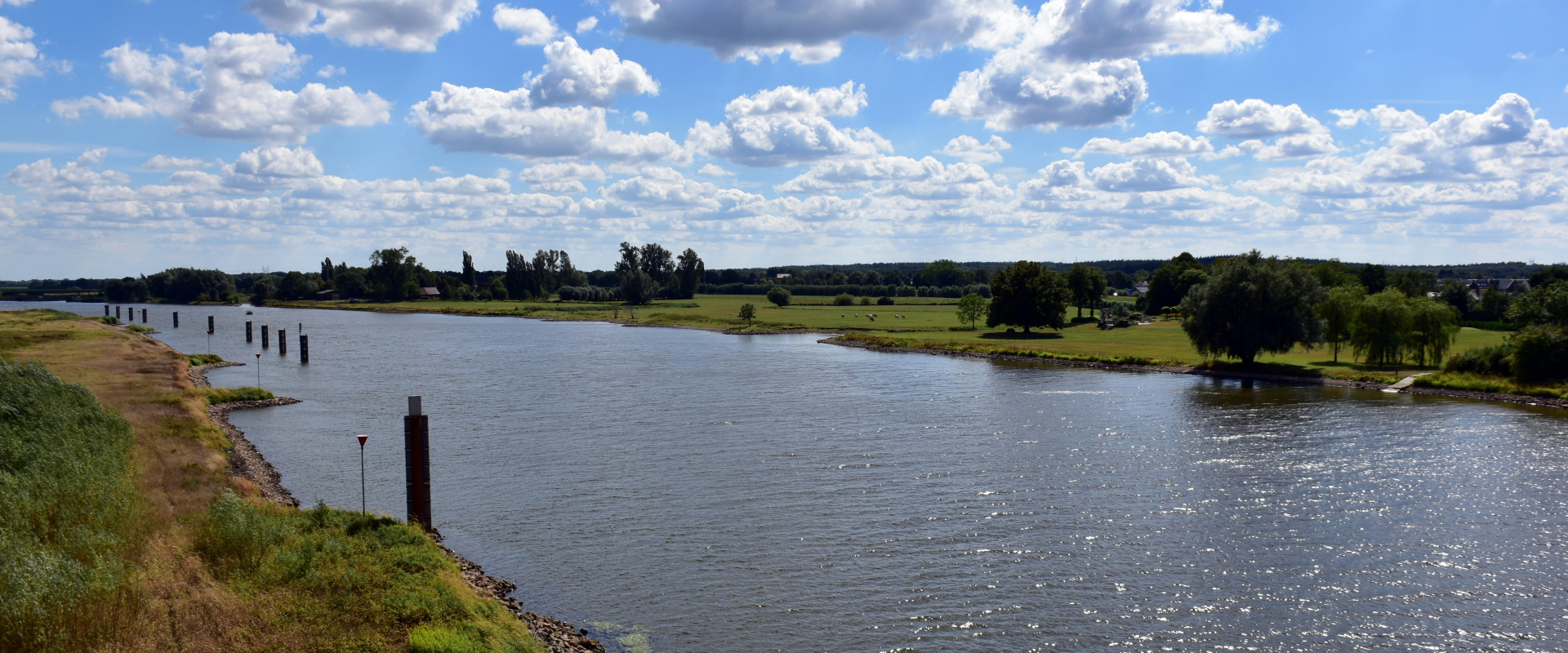
Room for the river 2.0: preparing the Netherlands for future high and low water
The Netherlands is taking a significant step toward securing a resilient and future-proof river system with the launch of the Room for the River 2.0 programme. This initiative is designed to ensure the sustainability of the Dutch river area, preparing it for the challenges posed by climate change and future water management needs.
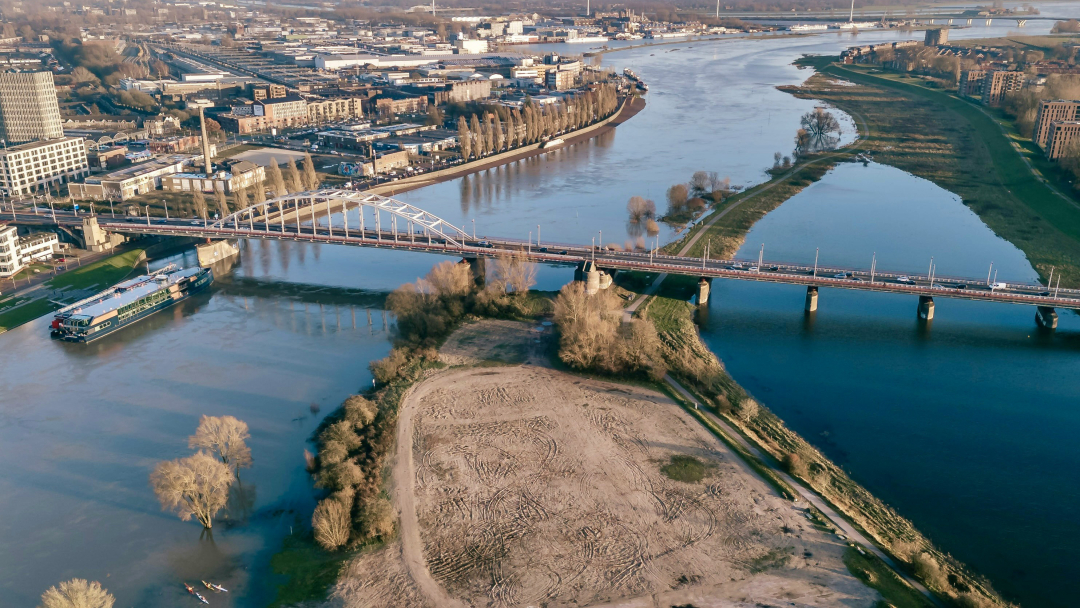

Rivers in the Netherlands have a profound impact on the country. They provide a rich and diverse living environment for animals, plants, and people; serve as vital waterways for shipping, which supports the national economy; help prevent flooding by discharging excess water; and sometimes even provide drinking water. However, these rivers also pose challenges, particularly in the context of climate change.
In response to these challenges, the Government of the Netherlands is committed to securing a future-proof river area. The Room for the River 2.0 programme, an extension of the Room for the River initiative, seeks to preserve and enhance five key river functions:
- Water discharge
- Navigability
- Freshwater availability and drinking water supply
- Nature and ecological water quality
- Spatial economic development and spatial quality
This programme is a collaborative effort between the national government and regional authorities, including the Ministry of Infrastructure and Water Management, the Ministry of Agriculture, Fisheries, Food Security and Nature, the Ministry of Housing and Spatial Planning, water boards, provinces, municipalities, and the Delta Commissioner.
“We see in the climate scenarios that the rivers are increasingly having a hard time due to the increasing weather extremes,” explained Delta Commissioner Co Verdaas. “In periods of heavy rainfall, they must be able to discharge more water. At the same time, dry periods are increasing, leading to lower water levels more often. It is good that we are now taking steps towards a future-proof river system. I am enthusiastic about the approach, in which the national government and regions are working together to ensure the rivers can adapt to the new circumstances,” said Verdaas.
Collaborative approach to river management
The Room for the River 2.0 programme places a strong emphasis on collaboration between regions, municipalities, water boards, and other key stakeholders. The goal is to redesign the river area over the coming decades to accommodate evolving needs. This redesign will require the allocation of additional space for the rivers. The programme will also assess various strategies for preventing riverbed erosion and ensuring sufficient space for the rivers to function effectively year-round. Final decisions on the necessary changes are expected to be made in 2026.
“The Rhine does not adhere to regional borders. That is why cooperation is essential,” said Ans Mol, Co-chair of the Rhine Administrative Platform. “National choices for the Rhine system, such as those we make together in Room for the River 2.0, are necessary to get started regionally and locally in the Rhine area. These national frameworks are also essential to solve the spatial puzzle at the regional level. We solve this puzzle together with other space-seekers, such as housing development and the energy transition.”
The Maas, with its unique characteristics and location, has a distinctive place in the river landscape. Saskia Boelema, Chair of the Steering Group of the Delta Programme Maas, added: “We have been working on river widening and area development in this region for years. Along the Maas, the future of water safety and freshwater availability is inextricably linked to cooperation, shared ownership and integrated solutions. Only together can we create space for the river and for the region."
Through the Room for the River 2.0 programme, the Netherlands is investing in a sustainable, resilient future for its rivers, ensuring that these vital waterways continue to serve both the environment and the economy, even in the face of a changing climate.




